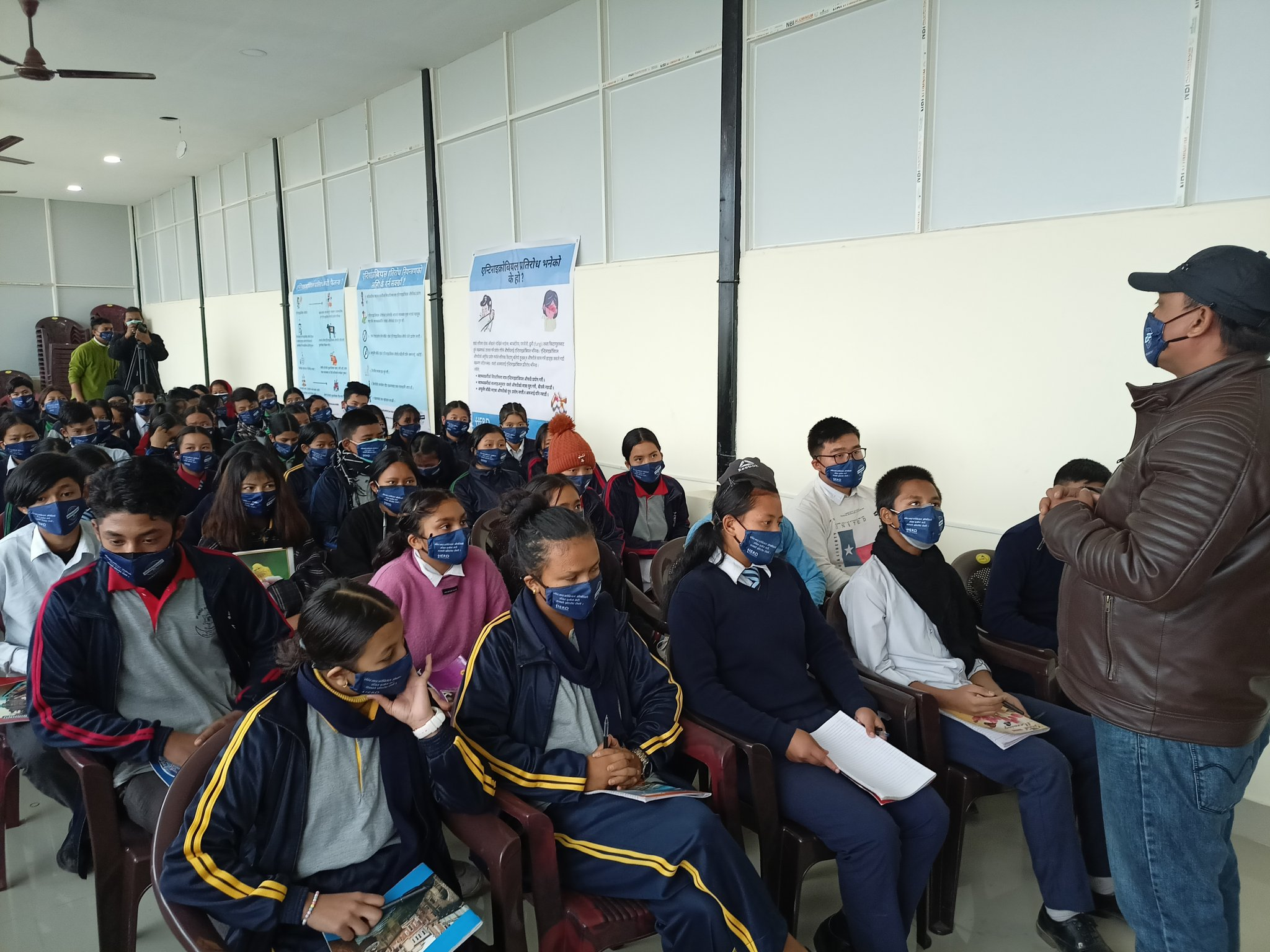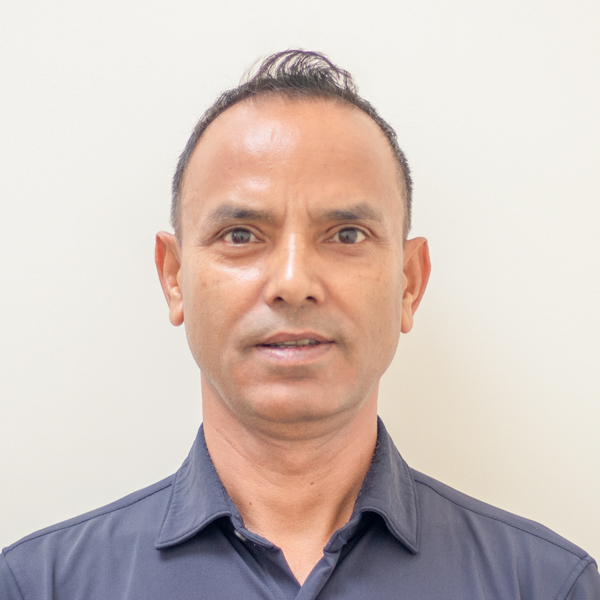Background
Antimicrobial resistance (AMR) is when microorganisms evolve mechanisms to survive the drugs designed to destroy them (WHO 2015). This occurs in humans, animals, and the environment and is thus considered to be a One Health issue (WHO 2019). AMR occurs naturally but is accelerating on a global level due to the misuse and overuse of antibiotics, meaning common infections could become untreatable by routinely available antimicrobial drugs in the next 30 years (WHO 2015). The World Bank predicts AMR will cause over 10 million human deaths by 2050 if we take no action in the present decade (O’Neil 2016). This will enforce a similar economic cost to the 2008 financial crisis and see over 24 million people forced into extreme poverty, the majority of these within Low-middle income countries (LMICs) such as Nepal. The proposed development of an AMR education program will address this global challenge and enhance the University of Leeds’ (UoL) collaboration with HERD international who will lead on all aspects of project delivery. Specifically, this funding will allow the community engagement methods developed in our original project to tackle AMR to be utilized and evaluated on children. The project will also support wider efforts in Nepal to include young children in social decision-making, as children’s outputs will be shared with their local communities, including policymakers.
Objectives
The UoL, HERDi, and Nepali community stakeholders will collaboratively develop a pedagogically sound and robustly evaluated school-based education program to engage young people in Nepal, with the topic of antimicrobial resistance (AMR).
Methodology Employed
The project encompasses the following methodologies:
Participatory arts – the education program will use creative arts (poster, comics, drama) as a tool to identify barriers to rational antimicrobial use and solutions to AMR within these school communities.
Training workshops will also utilize participatory arts methodologies with many activities following the project manual, participatory films developed in the previous CARAN project. Researchers from HERDi will facilitate the training workshops and education program development sessions in the form of interactive discussions where participants will build their knowledge of AMR whilst designing an education program for their local/host school. These sessions will be audio recorded (with participant consent) allowing researchers to transcribe, code, and analyze data on the training of adult facilitators and the co-design of the education program.
Project Outcome
This project will empower and equip local stakeholders with the AMR knowledge, confidence, and communication skills they will need to deliver an AMR education program in their schools.
Associated Team Members
Abriti Arjyal
Research Manager - Qualitative and Multidisciplinary ScienceAbriti Arjyal
Research Manager - Qualitative and Multidisciplinary ScienceAppointed as the lead of Research, Innovation and Development Department Key Expertise Ms. Abriti Arjyal works as Research Manager – Multidisciplinary Qualitative Research – at HERD International and has experience in the area of public health, health system and service delivery research, social science and gender, and equity. She is an emerging young researcher with more than seven years of experience leading formative and operational field studies, evaluation studies, and literature reviews, with expertise in design and implementation of qualitative research, and [...]
Learn moreSushil Chandra Baral
Managing DirectorDr. Sushil Chandra Baral is an experienced health and development expert with over 25 years of experience in research and development. Specializing in health systems, health policy, and planning at both national and international levels, Dr. Baral has played a pivotal role in communicable disease control, specifically Tuberculosis. He serves as a Managing Director at HERD International. In the past, he worked as a Strategic Advisor for the Nepal Health Sector Support Programme demonstrating expertise in program-based operational research and [...]
Learn moreProject Location
Similar Projects
BACKGROUND Evidence has shown that antibiotic resistance (ABR) is a growing threat to public health in Nepal. This project proposes to ...



